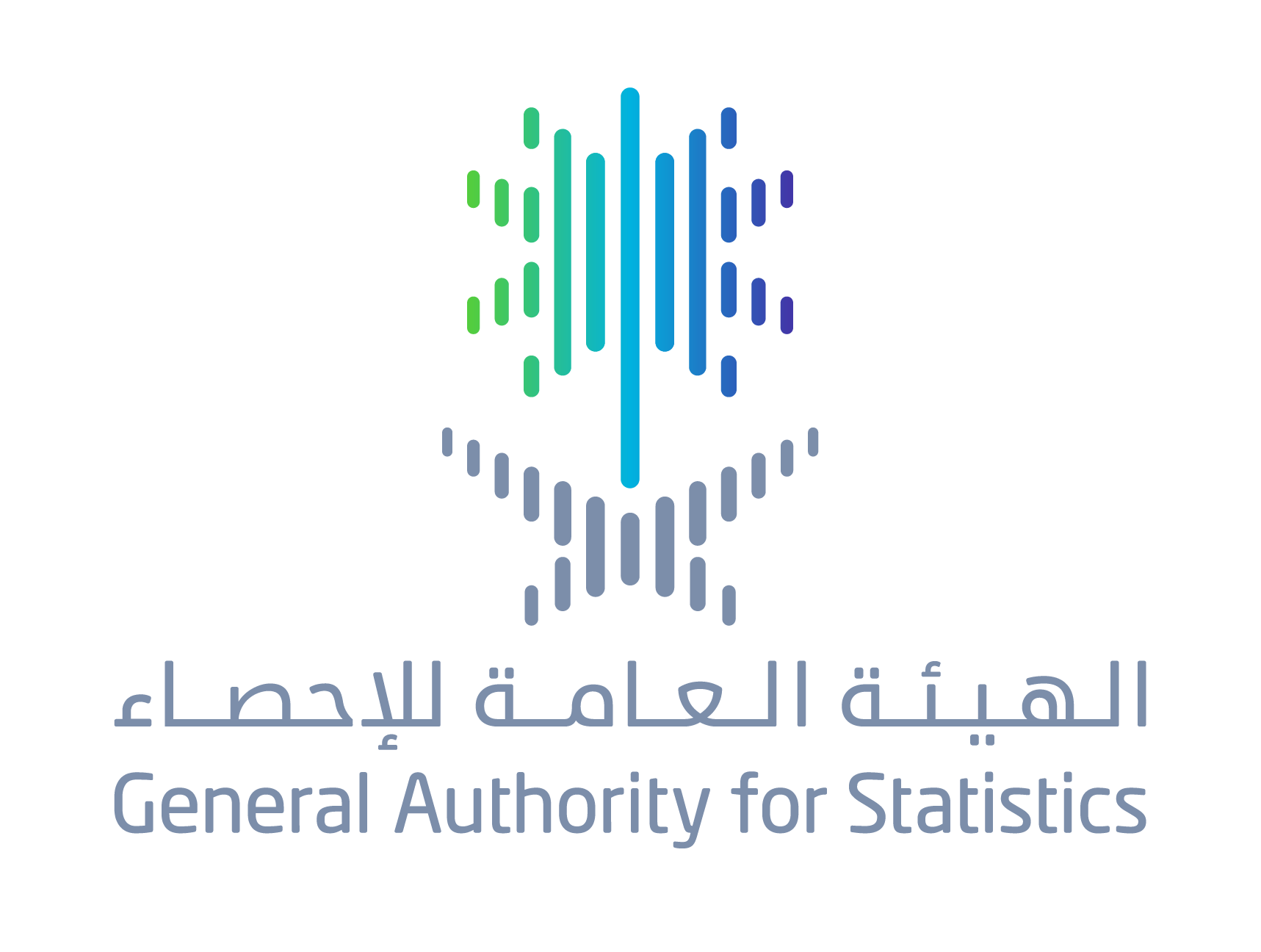Last update 12 / 06 / 2019
Saudi Arabia concludes its participation in the first meeting of the friends of the chair group on economic statistics of the United Nations within 11 countries

GASTAT provides development opportunities through big data
Saudi Arabia concludes its participation in the first meeting of the friends of the chair group on economic statistics of the United Nations within 11 countries
On Thursday May 30, 2019, Saudi Arabia, represented by the General Authority for Statistics (GASTAT), concluded its participation in the first meeting of the friends of the chair group on economic statistics of the United Nations within 11 countries, which was held at UN headquarter in New York city. The three-day meeting discussed the institutional transformation issues of national statistical bodies, in addition to the new methods, services and roles played by such statistical agencies.
GASTAT president, Dr. Fahad bin Sulaiman Altekhaifi, who led the Saudi delegation, confirmed that GASTAT 's participations with international organizations and experts of the international statistical agencies in their meetings are useful opportunities to highlight KSA's efforts in development with statistical figures and to develop statistical work according to international standards. Altekhaifi said statistical offices are challenged by changes in data gathering brought about by new technology. He added that big data could replace traditional statistical activities as an innovative way of producing official statistics or providing additional information to support the currently available official statistics, hence new indicators might be produced to support all decision makers in different developmental fields. The shift towards big data to be one of GASTAT official statistics sources reflects Saudi Arabia tendencies to benefit from the digital transformation in producing economic, social, and cultural statistics that support government bodies in accepting the rapid developmental changes which must be applied and reflected through official statistics.
GASTAT president indicated that using big data as a new (complementary or alternative) source of data creates some challenges that should be overcome by statistical entities. These challenges include the methodological aspects of data, determining data access methods, unifying statistical concepts, completing and processing data and other practices, in addition to ensuring a certain level of quality and enabling international comparisons. However, the organizational factors include other fields such as updating the organizational structure, working on statistical capacity development, establishing collaborations with the private and public data sources, and communicating with users.
Altekhaifi mentioned that the national statistical agencies must overcome these challenges to guarantee the usefulness of big data in the production of official statistics, especially for databases, computing and digitization. Statistical entities need to adopt national statistical strategies that deal with plans, strategies, implementation methods and development mechanisms in the national statistical environment. In addition, they need to enhance coordination and partnerships between the national statistical agencies and the different sources of data, whether governmental or private. However, all databases of government and private statistical entities must be electronically linked, while maintaining the confidentiality and privacy of data when exchanging data. Furthermore, statistical indicators definitions, concepts, and methodologies must be unified among all partners to avoid misunderstandings of statistics that result from the use of different concepts and methodology. This includes the use of official international statistical classifications such as ISIC 4 by all partners from the public and private sectors to facilitate work on databases and get coordinated and comparable data that are ready for all statistical purposes. Moreover, it is important for all statistical entities to have a road map through which they can use big data to provide official data.
GASTAT has reviewed all Saudi Arabia’ efforts to benefit from big data by approving the National Strategy for Statistical Development, electronic linkage projects, and international classifications. In addition to unifying the definitions and methodologies, and encouraging the initiatives of digital transformation in all public and private sectors.
It is worth mentioning that many international experts in the statistical and economic fields have participated in the discussions of the first meeting of the friends of the chair group on economic statistics of the United Nations. Topics discussed included the future of economic statistics within the Sustainable Development Goals from the perspectives of the international organizations and the national statistical entities. They also included digital infrastructure, and maintaining an interactive economic system, in addition to discussing a number of experiments on the institutional transformation of the national statistical offices, and methods of using data sources.
